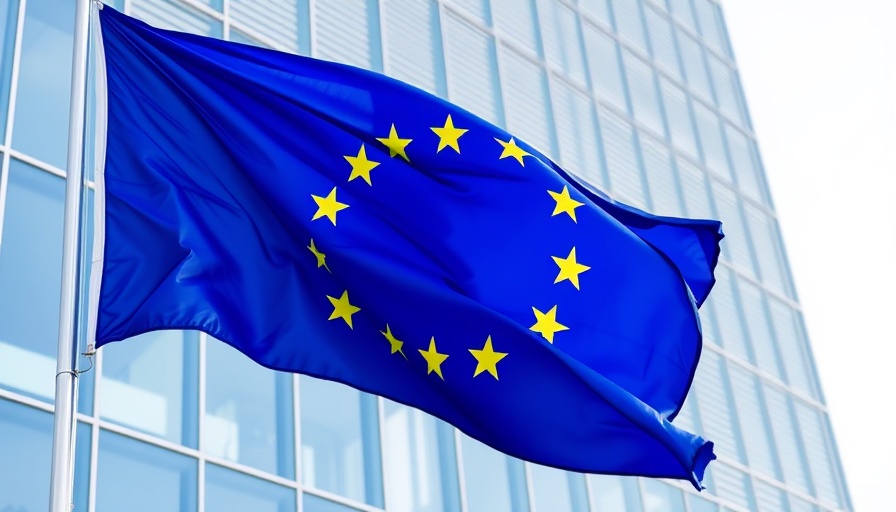
The Changing Landscape of EU Taxation
In the wake of ongoing economic challenges, the structure of the EU tax mix is navigating a transformative phase. Dr. Miguel Correia, a prominent figure in tax law from the Lisbon School of Law, emphasizes the urgent need to shift the EU's tax emphasis from labor to a more diversified approach. With around 55% of tax revenue generally coming from personal income tax and social contributions, Correia warns this heavy reliance poses significant downsides. Notably, the high tax wedge discourages hiring and encourages businesses to adopt automation, a trend accelerated by the pandemic.
Why We Need a Fundamental Shift
Dr. Correia suggests three pillars for a reformed tax strategy: enhanced consumption taxes like the VAT, robust environmental taxes, and addressing the under-taxation of capital and wealth. By moving towards these areas, Correia believes that not only can the EU create a more equitable system, but it can also adapt to evolving economic realities such as worker mobility and the growing influence of technology.
The Role of Technology in Taxation
Key to Correia's vision is the integration of technology into tax collection and compliance. His argument hinges on the belief that improved governmental efficiency can alleviate some burdens on taxpayers while ensuring necessary funding for essential social services. As businesses and employees adjust to remote work and automation, the EU must consider strategies that balance taxation with innovation.
The Future Ahead
As the conversation about the EU tax mix continues, understanding these insights is vital for both policymakers and constituents. A rebalanced tax system offers a path toward a sustainable and fair economic future, able to sustain the European social model in a rapidly changing world.
 Add Row
Add Row  Add
Add 

 Add Row
Add Row  Add
Add 



Write A Comment